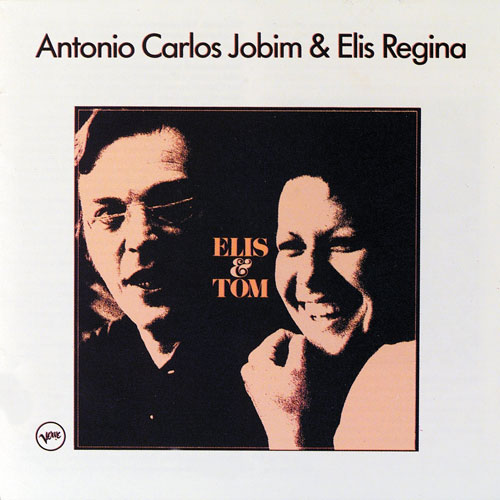When you Google the words, “I hate Pandora,” you get more than 100,000 web pages full of invective, snark and venom, the kind usually reserved for extremist politicians or Wall Street crooks. In a way, Pandora is a victim of its own success. The Internet radio company, which is based in Oakland, has 75 million active listeners. Almost nine percent of America’s radio audience and about 70 percent of Internet radio audiences pick Pandora as their radio of choice. When you have that kind of market share (hello, Facebook), people will hate you for having that kind of market share.
Similar to Facebook, Pandora is in the business of sharing, discovering — and passing judgment. Like a song you hear? Give it a thumbs up. Hate the song? Give it a thumbs down and share it with your followers. While the gesture can be traced back to the early days of the Roman empire, thumbing has a long tradition in the arts. Roger Ebert and Gene Siskel trademarked the phrase “two thumbs up” and became role models for modern film critique. Reducing a song to a simple finger direction (depending on the finger) is — to music purists — a heretical act. You’ll never see The New Yorker resorting to reductive symbols like thumbs or stars. Pandora’s thumbs not only pinpoint a listener’s tastes, they pinpoint a listener’s political leanings. Pandora is now selling political ads based on listeners’ music preferences and zip codes. If a listener has thumbed up, say, “Give Peace a Chance” and other John Lennon songs, and registered a zip code that indicates a neighborhood with a liberal voting record, then that listener can expect to get “Hillary for President” ads in the coming campaign.
Oh, yeah — the ads. That’s how Pandora makes much of its millions. Listening is free, but the stream of songs is interrupted by commercials that try to cajole you into buying cars, vacations, medical help — you name it. Anti-Pandorans complain about the number of ads, kvetch about listeners’ limited ability to skip songs, and whine about a playlist they consider too constrained (even though it has access to nearly 1 million potential songs). Then there’s the perception that Pandora is just another Wall Street company that tries to maximize profits by crimping on the money it gives suppliers (in this case musicians). Pandora’s shares are trading above $30, double their 2011 IPO price of $16. Pandora’s founders are multi-millionaires. On paper, they’re rolling in money. Songwriters who supply Pandora’s playlist? Well, last year, David Lowery, the singer-songwriter of Cracker and Camper Van Beethoven (a group he started at UC Santa Cruz), caused a stir when he displayed a royalty statement showing Pandora played his tune “Low” 1.1 million times, yet paid him a songwriting royalty of just $16.89. Lowery was protesting Pandora’s campaign to reduce the money it pays artists through the American Society of Composers, Authors and Publishers (ASCAP), one of the country’s biggest music rights organizations. ASCAP wants Pandora to pay more than it pays now. Pandora wants to pay less. Earlier this month, the United States District Court for the Southern District of New York ruled that Pandora can continue to fork over the same amount: 1.85 percent of its overall revenue. Last year, Pandora took in almost $650 million, and paid ASCAP some $11 million.
Pandora’s main public face, co-founder Tim Westergren — a Stanford graduate who was trained as a jazz musician, and worked in the music industry for 20 years doing everything from audio engineering to film scoring —
has said some artists make more than $100,000 from Pandora. And Pandora is open to music from new artists, who can submit their songs for Pandora to play. An example of someone who found a home on Pandora after sending in music: hip-hop artist Ronald Jenkees.
“He’s an instrumental hip-hop producer, and if you like instrumental beat music, he’s got great music,” Michael Addicott, Pandora’s manager of curation, tells me in a phone interview. “He’s underground and relatively unknown, but you’ll likely hear songs from more famous hip-hop producers on his station, such as instrumental cuts from
Dr. Dre.”



